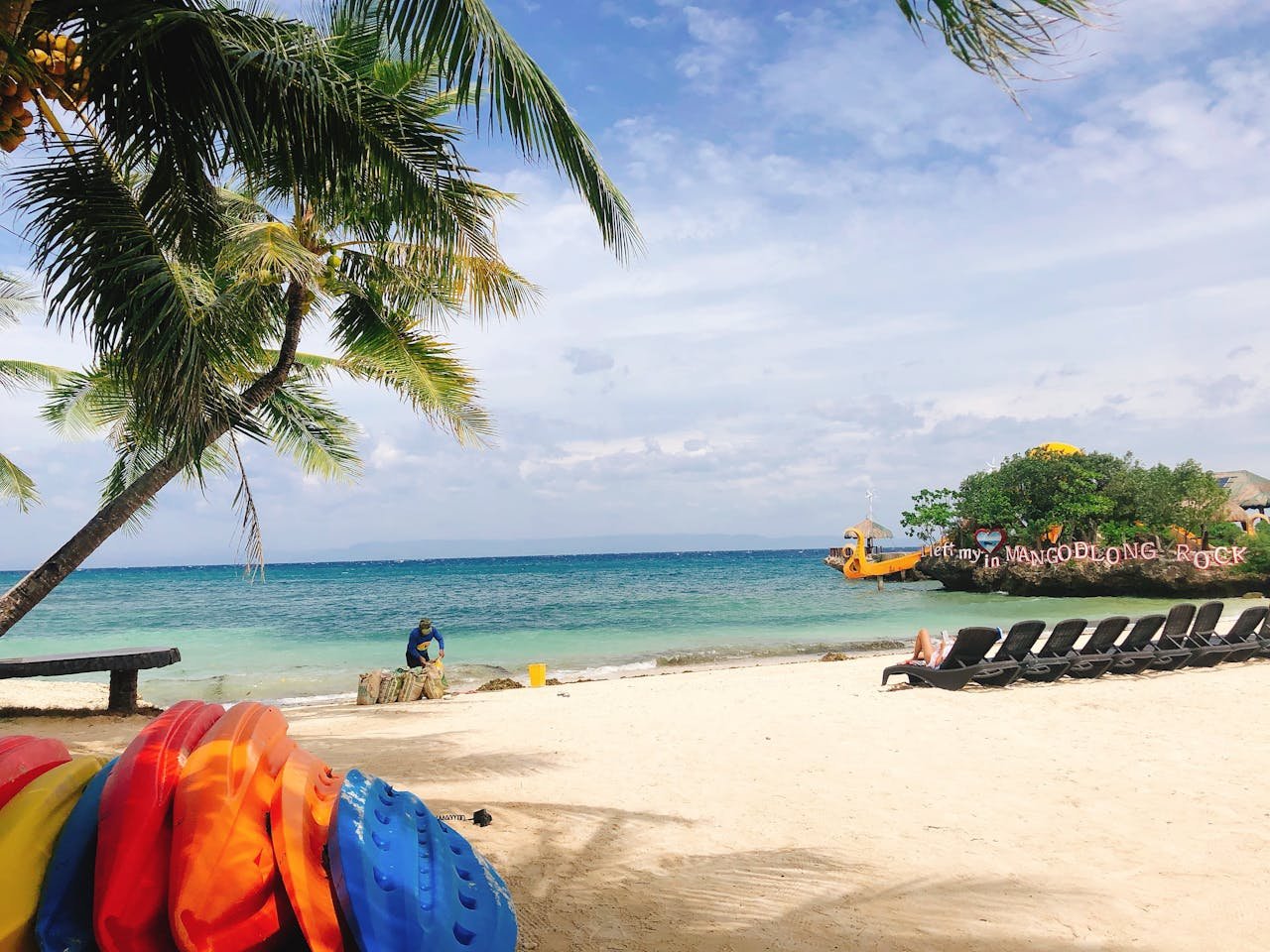Since ascending the throne, King Charles III has consistently demonstrated a deep commitment to environmental stewardship, which has extended into various aspects of his leadership. Among the many avenues through which he seeks to champion sustainability, his initiatives around travel and tourism stand out as pioneering efforts. King Charles’ sustainable travel initiatives aim to reduce the environmental impact of tourism, promote eco-friendly transportation, and inspire a global movement toward more responsible travel. This article explores these initiatives in detail and reflects on how King Charles is making a meaningful impact on the future of sustainable travel.
A History of Environmental Advocacy
Long before becoming King, Charles was well-known for his outspoken views on environmental issues. As the Prince of Wales, he launched numerous environmental campaigns that highlighted the urgency of tackling climate change, protecting biodiversity, and promoting sustainability. Through his foundation and public speaking engagements, Charles continually emphasized the need to adopt greener practices in industries such as agriculture, energy, and transport.
When it comes to travel, an industry notorious for its environmental footprint, King Charles’ interest has extended beyond personal advocacy to actionable programs and partnerships. His vision for sustainable travel emphasizes the need to balance the economic and social benefits of tourism with its environmental impact, aiming to redefine how we approach travel in the 21st century.
Promoting Green Tourism
Tourism plays a vital role in the global economy, but it is also responsible for significant carbon emissions and environmental degradation. With an eye toward addressing these challenges, King Charles has actively promoted the concept of green tourism. Green tourism, or ecotourism, focuses on minimizing the negative environmental effects of travel while enhancing the cultural and social aspects of the destinations being visited.
One of King Charles’ key initiatives involves raising awareness about sustainable tourism practices. He encourages destinations, tourism companies, and travelers to adopt eco-friendly measures, such as reducing energy consumption, supporting local businesses, and protecting wildlife. In many of his speeches, King Charles emphasizes that the tourism sector must evolve from a “take what you can” approach to a model that prioritizes environmental preservation.
Supporting Eco-Friendly Infrastructure
A cornerstone of King Charles’ sustainable travel initiatives is the promotion of infrastructure that supports greener travel options. In particular, he has advocated for advancements in transportation, accommodation, and facilities that prioritize sustainability. This includes encouraging the development of electric and hydrogen-powered transport systems, which can significantly reduce the carbon footprint of travelers.
In recent years, King Charles has been a vocal supporter of improving public transportation networks in tourist destinations, as this not only provides economic benefits but also reduces the reliance on fossil-fuel-powered private vehicles. He has also called for governments and industries to invest in charging stations for electric vehicles, the expansion of bike-sharing programs, and walkable cities to help tourists and locals alike make environmentally friendly travel decisions.
In terms of accommodation, King Charles has highlighted the importance of eco-friendly hotels and lodges that use renewable energy, recycle waste, and conserve water. By supporting businesses that prioritize sustainability, King Charles hopes to shift the tourism industry toward an eco-conscious future.
The Sustainable Markets Initiative and Tourism
One of King Charles’ most significant contributions to sustainable travel comes through his Sustainable Markets Initiative (SMI), which he launched in 2020 when he was still the Prince of Wales. The SMI was designed to foster a global economic system that prioritizes sustainable practices and encourages businesses to adopt greener policies.
Under the SMI, there is a specific focus on travel and tourism. This sector-specific approach recognizes the industry’s potential to play a central role in the global transition toward sustainability. The SMI works with global tourism organizations, governments, and businesses to promote eco-tourism, reduce carbon emissions, and encourage the protection of cultural heritage sites and natural habitats.
One example of this is King Charles’ involvement with the Travalyst Coalition, a non-profit organization that brings together key players in the travel industry, including airlines, booking platforms, and sustainability experts. The goal of Travalyst is to make sustainable travel accessible to everyone by encouraging tourists to make more responsible choices and providing tools for businesses to track their environmental impact.
Leading by Example
King Charles has always believed in leading by example, and his personal travel habits reflect his commitment to sustainability. He has reduced the carbon footprint of his official travels by utilizing energy-efficient transportation whenever possible. When flying, King Charles ensures that emissions are offset through carbon credit schemes that invest in reforestation projects and other carbon-reducing initiatives. Moreover, he has made strides in minimizing air travel where alternative means, such as trains, are available.
King Charles’ residences, including Highgrove House, have also been designed to prioritize sustainability, further demonstrating his commitment to eco-friendly living. Highgrove is known for its organic gardens, which serve as a model for sustainable agriculture and horticulture. The estate’s management practices minimize waste, conserve water, and promote biodiversity, all principles that King Charles seeks to instill in the broader tourism and hospitality industries.
Encouraging Responsible Travel Practices
King Charles is a strong advocate for educating travelers on how they can reduce their environmental impact while exploring new destinations. His sustainable travel initiatives are not just about policy change and infrastructure development but also about encouraging individuals to make more conscious decisions. This includes choosing eco-friendly destinations, avoiding over-touristed areas, respecting local cultures, and leaving minimal environmental footprints.
As part of his ongoing efforts to promote responsible tourism, King Charles encourages tourists to travel during off-peak seasons to avoid putting undue strain on resources and to seek out eco-certifications when booking hotels and tours. These practices help to reduce the burden on popular tourist destinations and ensure that tourism remains sustainable for generations to come.
A Vision for the Future
sustainable travel initiatives underscore his dedication to creating a world where travel is both environmentally friendly and socially responsible. By promoting green tourism, supporting eco-friendly infrastructure, and leading through his personal actions, he is helping to reshape the tourism industry for the better. His efforts serve as an inspiration to governments, businesses, and travelers alike, encouraging all stakeholders to work together in reducing the carbon footprint of global travel.
As King Charles continues to champion sustainable travel, his vision offers a pathway toward a more responsible and eco-conscious future—one in which the beauty of our world can be preserved for future generations to explore and enjoy.








